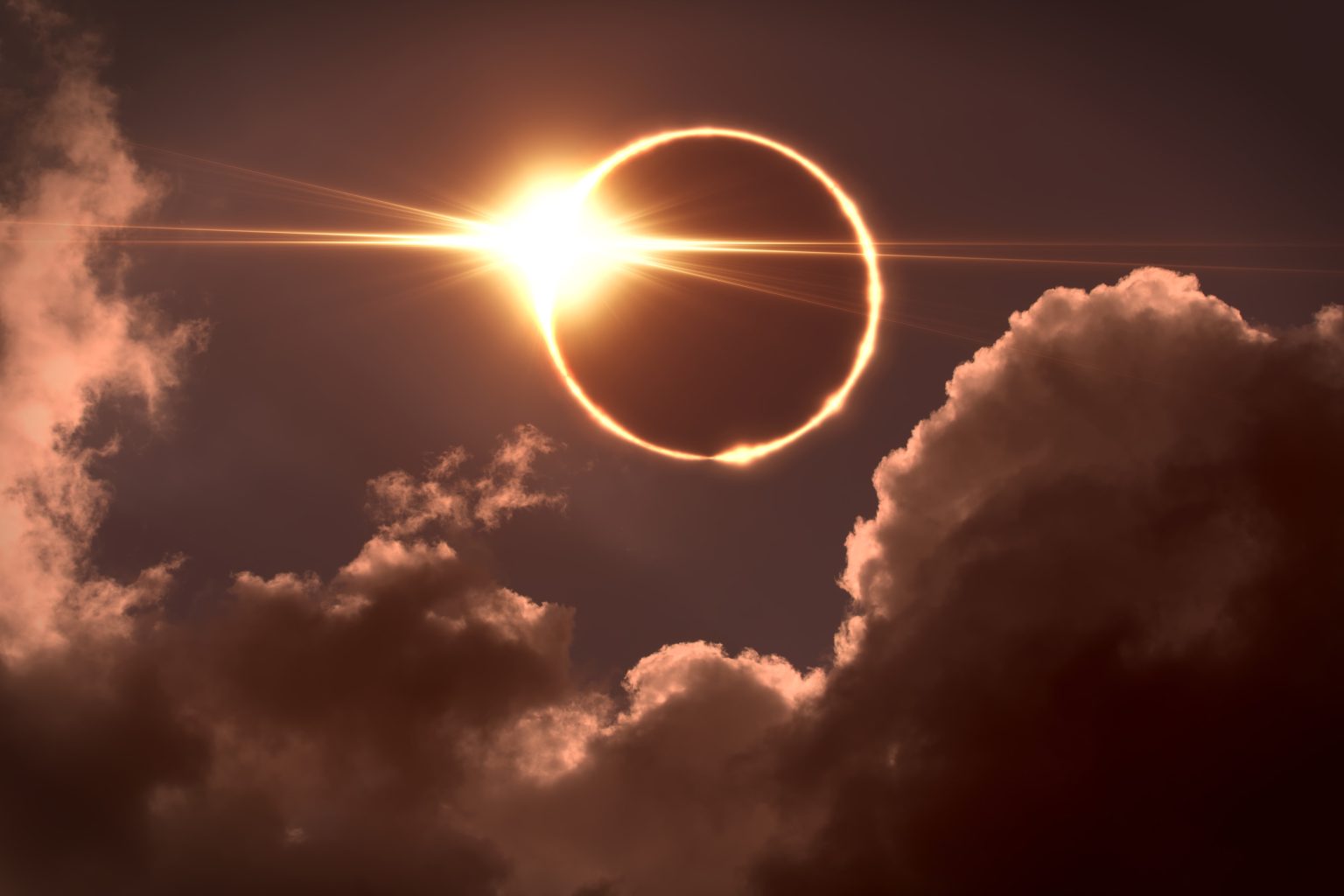Meteorologist Kelly Godsey shared an updated forecast for popular cities along the path of totality for the rare total solar eclipse occurring across the United States. The quality of the viewing experience will depend heavily on cloud coverage, with high clouds providing a better view compared to low clouds. Godsey highlighted locations such as Little Rock, Arkansas, Ohio, and parts of New England as potential good spots for eclipse viewing. He emphasized that high cloudiness can be transparent and, if thin enough, can offer a great view of the eclipse.
Godsey provided an updated forecast for five popular solar eclipse destinations, including Austin, Texas, Buffalo, New York, Burlington, Vermont, Cleveland, Ohio, and Little Rock, Arkansas. While Austin was expected to have the least optimal viewing experience due to cloudy conditions, other cities like Burlington were predicted to have clearer skies. Cleveland was ranked as a prime viewing spot despite expected increasing cloud cover during totality. Godsey advised proper eye protection for anyone viewing the eclipse, even if it is cloudy, as staring directly at the sun without protection can cause serious damage to the retinas.
The total solar eclipse on Monday coincides with the peak of a solar maximum, making it an exceptionally active event in the celestial calendar. The phenomenon will pass over a vast majority of the United States, Mexico, and Canada, and it will be the last total solar eclipse visible in the U.S. until 2044. Godsey highlighted the rarity of total solar eclipses, noting that they draw large crowds due to the fascinating transition from daytime to night in a matter of minutes during totality. While the forecast for some cities may include cloudy conditions, the type of cloud coverage will ultimately determine the quality of views for eclipse spectators.
Godsey urged eclipse viewers to wear appropriate eye protection and cautioned against staring directly at the sun, even during an eclipse. He explained that the moon’s movement in front of the sun can cause the eyes to dilate, allowing in more UV radiation that can lead to retinal damage. Despite cloudy weather forecasts, he reminded individuals to prioritize their eye safety when observing the eclipse. Additionally, Godsey advised patience for those in areas of totality, as the influx of tourists traveling to witness the event may lead to traffic jams. He stressed the importance of being considerate and kind to fellow spectators amidst potentially crowded viewing locations.


